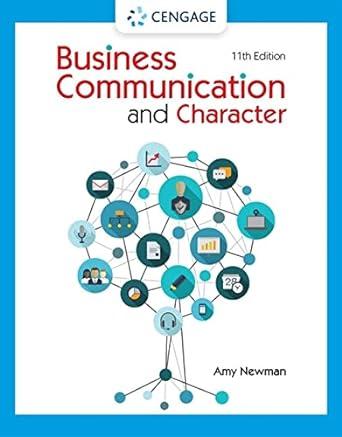Answered step by step
Verified Expert Solution
Question
1 Approved Answer
Please give me an independent answer and do not copy other tutors answers. Thank you . I will rate . The year 2020 was not



Please give me an independent answer and do not copy other tutors answers. Thank you . I will rate .

Step by Step Solution
There are 3 Steps involved in it
Step: 1

Get Instant Access to Expert-Tailored Solutions
See step-by-step solutions with expert insights and AI powered tools for academic success
Step: 2

Step: 3

Ace Your Homework with AI
Get the answers you need in no time with our AI-driven, step-by-step assistance
Get Started


